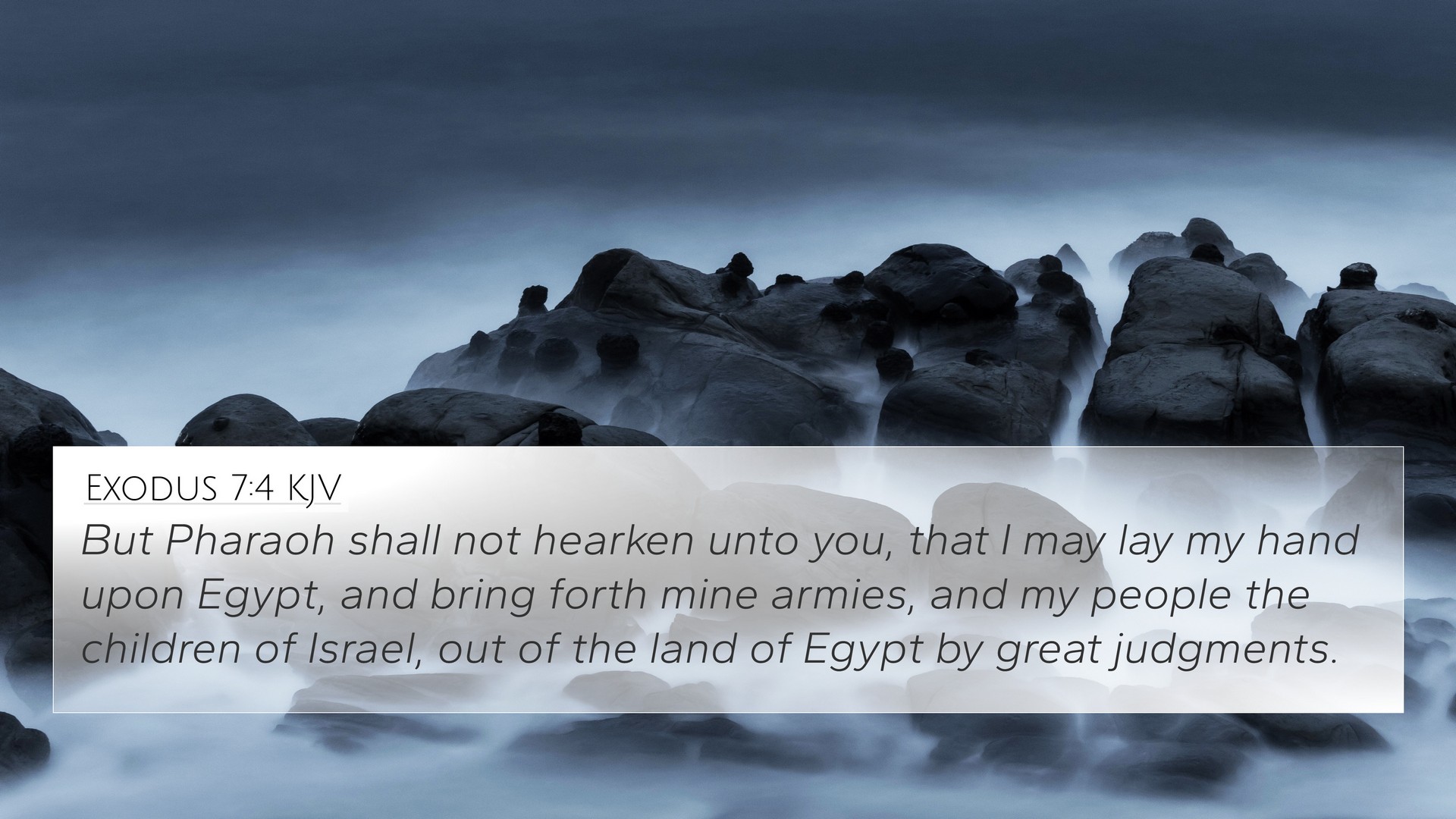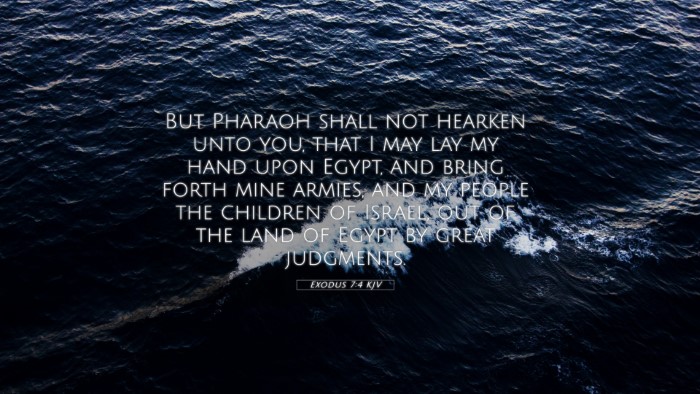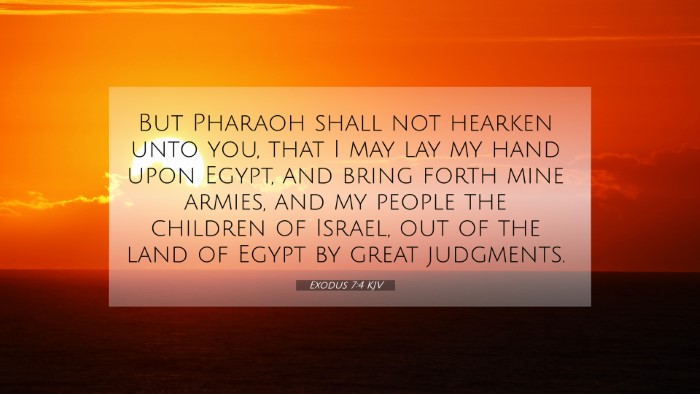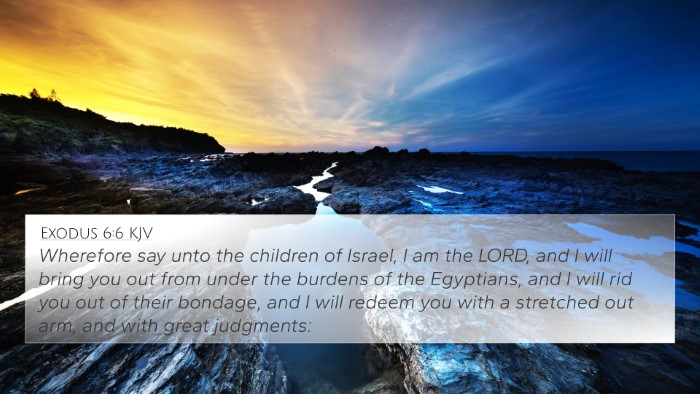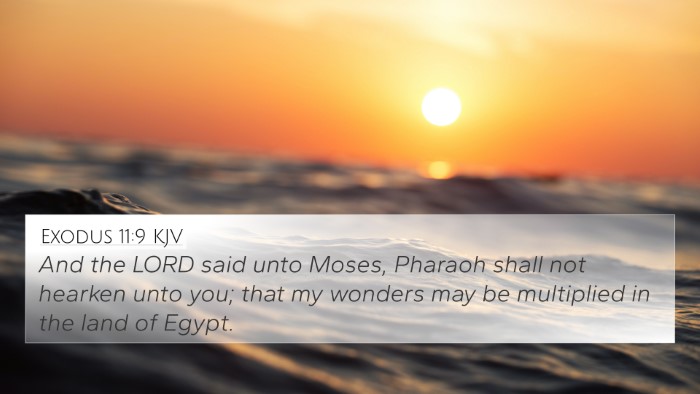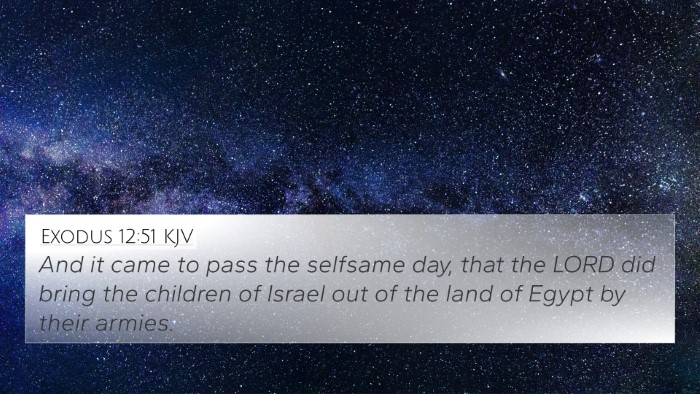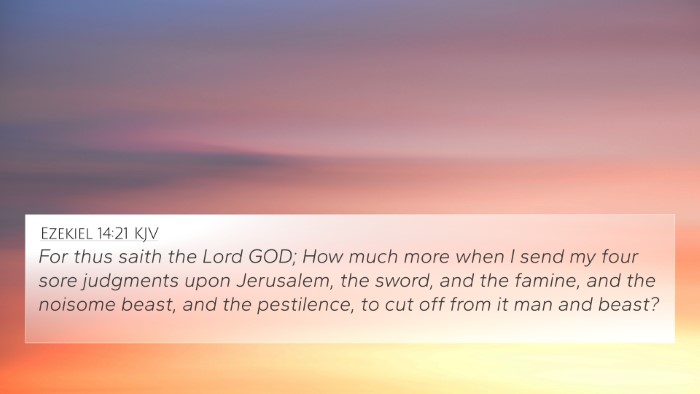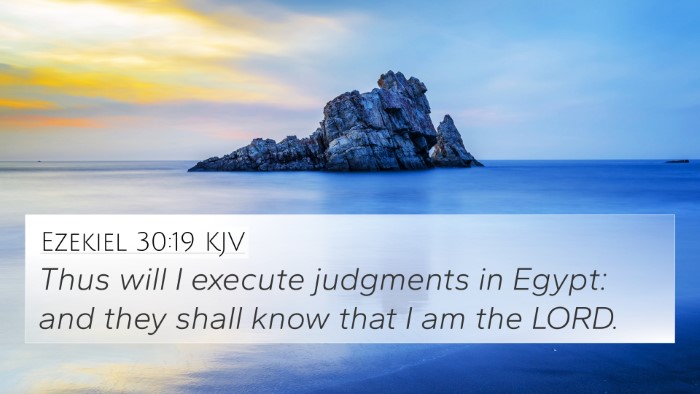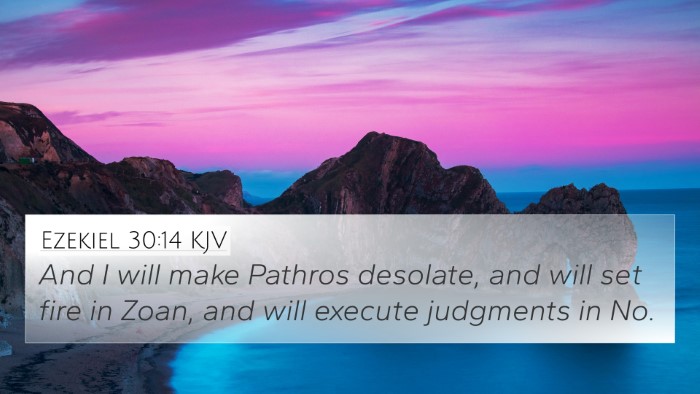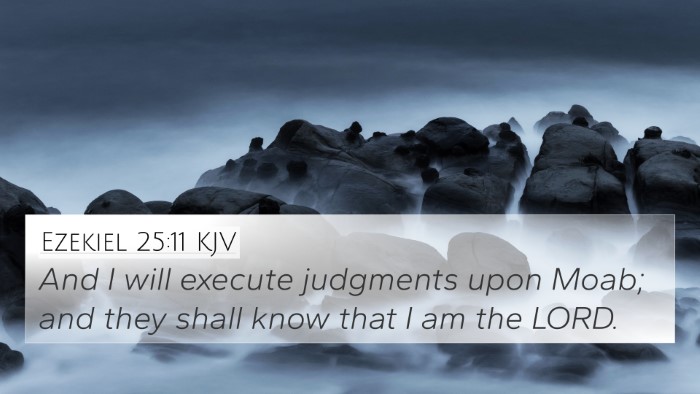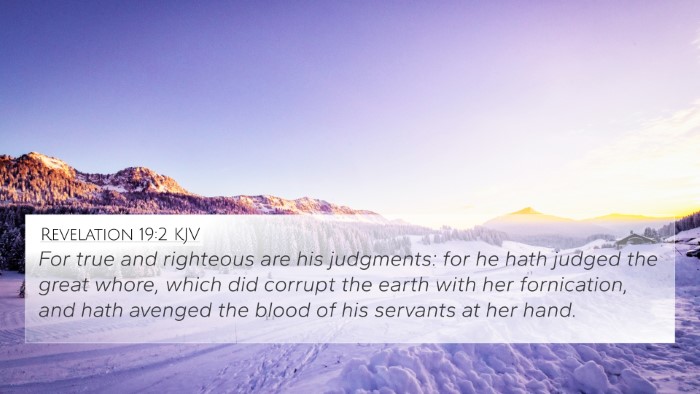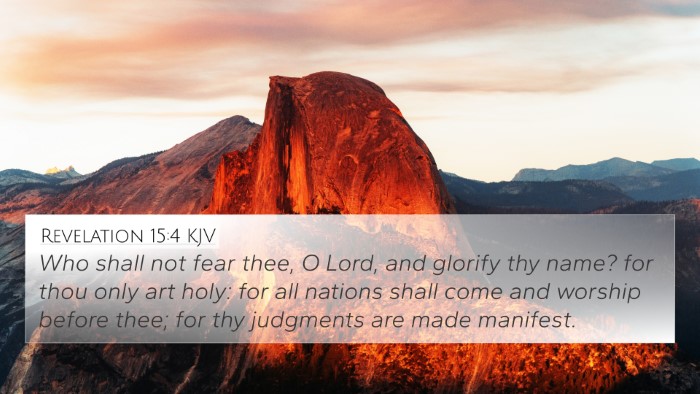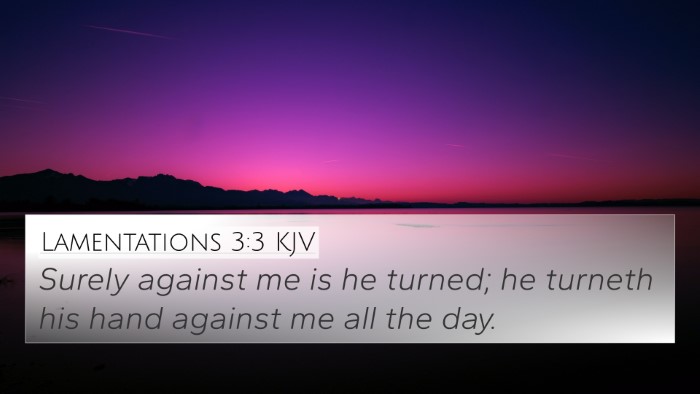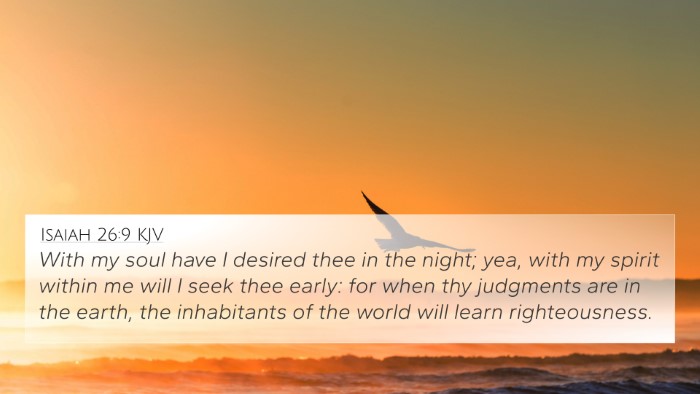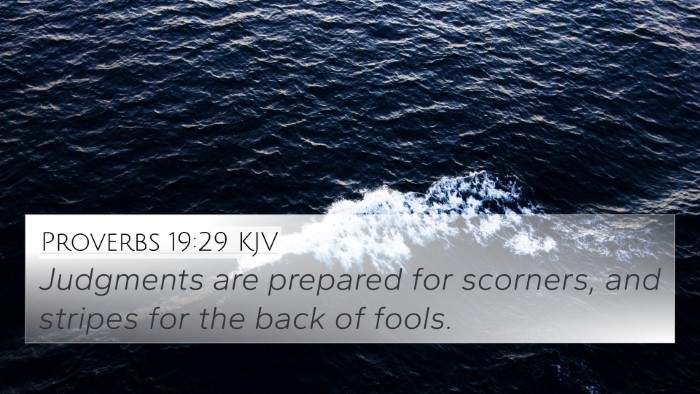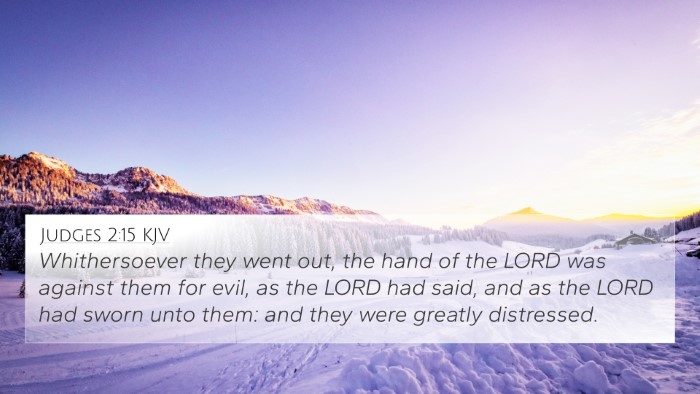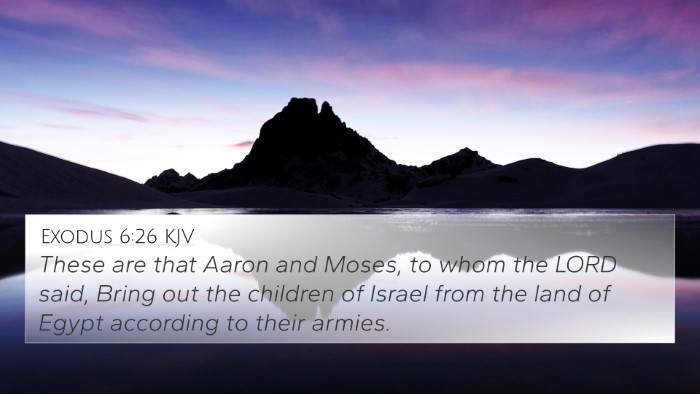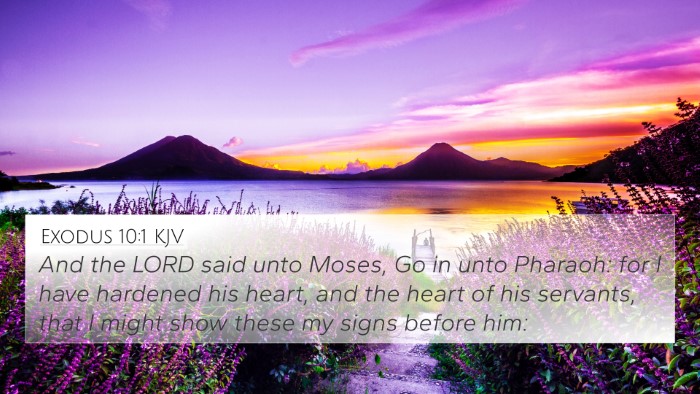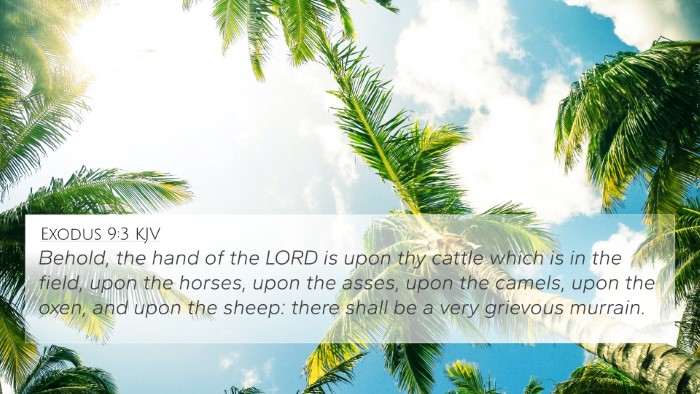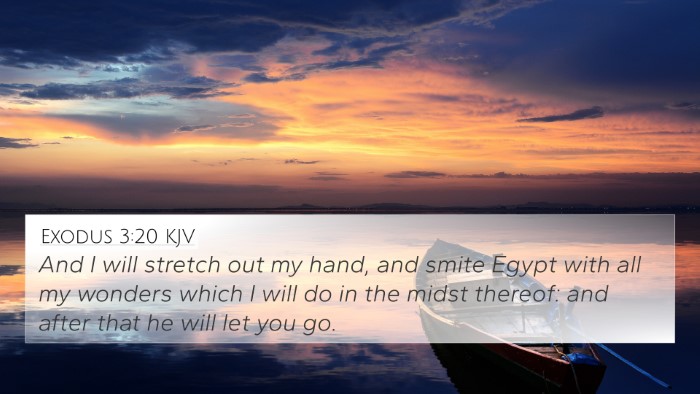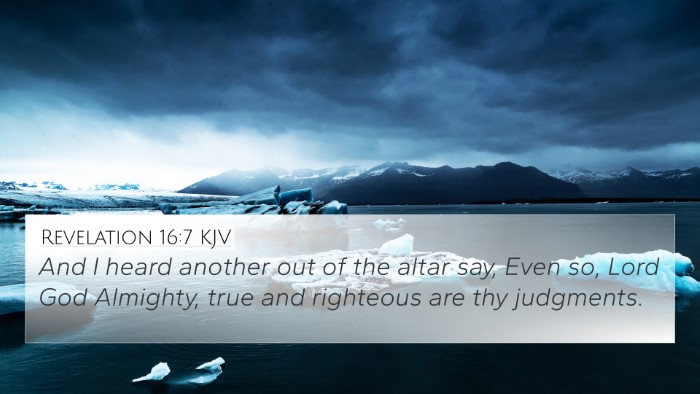Understanding Exodus 7:4
Exodus 7:4 states: "But Pharaoh will not listen to you, so I will lay my hand on Egypt and bring my hosts, my people the children of Israel, out of the land of Egypt by great acts of judgment." This verse is a profound illustration of God's sovereignty and the unfolding of His plan for His people.
Verse Meaning and Context
The context of Exodus 7 is critical to understanding this verse. God is preparing Moses to confront Pharaoh and deliver the Israelites from slavery. Despite the impending judgment and signs that will be performed, Pharaoh's hardened heart highlights the ultimate futility of resisting God's will.
- God's Sovereignty: This verse emphasizes God's control over human hearts, as He foresees Pharaoh's refusal to heed the warnings.
- Judgment Against Egypt: The phrase "great acts of judgment" indicates that God will demonstrate His power not just through miraculous signs, but through a series of plagues that will serve as a judgment against the Egyptian gods.
- Call to Liberation: God's intention to deliver the Israelites is reaffirmed, portraying them as His chosen people destined for freedom.
Commentary Insights
According to Matthew Henry, this verse illustrates the hardness of Pharaoh's heart, which serves as a warning about the dangers of persistent disobedience to divine command. God's intention is not just to free the Israelites, but to make His power and authority known throughout the land of Egypt.
Albert Barnes comments on the significance of God laying His hand on Egypt, indicating that it symbolizes divine intervention directly impacting the rulers and people. Barnes emphasizes that the "great acts of judgment" will display God's supremacy over the natural order and Egyptian deities.
Adam Clarke further elaborates on this theme by discussing the duality of destruction and deliverance. Clarke notes that these judgments are a necessary precursor to Israel's redemption, revealing not just God's power, but also His commitment to justice on behalf of His oppressed people.
Bible Cross-References
In studying Exodus 7:4, several related verses provide additional insights:
- Exodus 3:19-20 - God informs Moses that Pharaoh will not easily let the people go, foreshadowing the resistance he will encounter.
- Romans 9:17 - Paul references Pharaoh to illustrate God's sovereignty in raising individuals for specific purposes.
- Isaiah 19:1-4 - A prophecy concerning Egypt’s impending judgment, paralleling the narrative in Exodus.
- Psalms 105:26-27 - Reminds readers of God's sent judgment and the signs performed in Egypt.
- Acts 7:36 - Stephen recounts God's deliverance of the Israelites, reinforcing the narrative of liberation.
- Hebrews 11:28 - The importance of faith in the actions taken during the Passover, connected to the judgments described in Exodus.
- Revelation 16:10 - Parallels the plagues in Egypt with the future judgments during the end times.
Tools for Bible Cross-Referencing
For those looking to dive deeper into Bible verse cross-references for Exodus 7:4, tools such as a Bible concordance or a Bible cross-reference guide can be incredibly helpful. These resources allow for:
- Identifying connections across both Old and New Testaments.
- Engaging in a comparative study of similar themes.
- Creating a systematic approach to understanding related verses.
Conclusion
Exodus 7:4 serves as a pivotal verse that underscores God's dominion and the unfolding of His plan for His people amidst the backdrop of Pharaoh's resistance. By utilizing cross-referencing Biblical texts, one can explore the multifaceted understandings of this verse and how it relates to the overarching narrative of redemption woven throughout Scripture.
